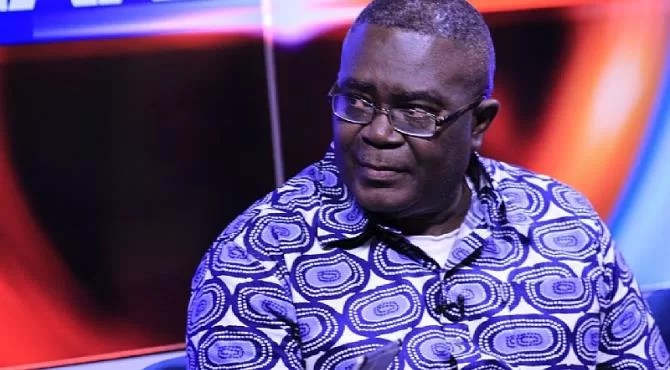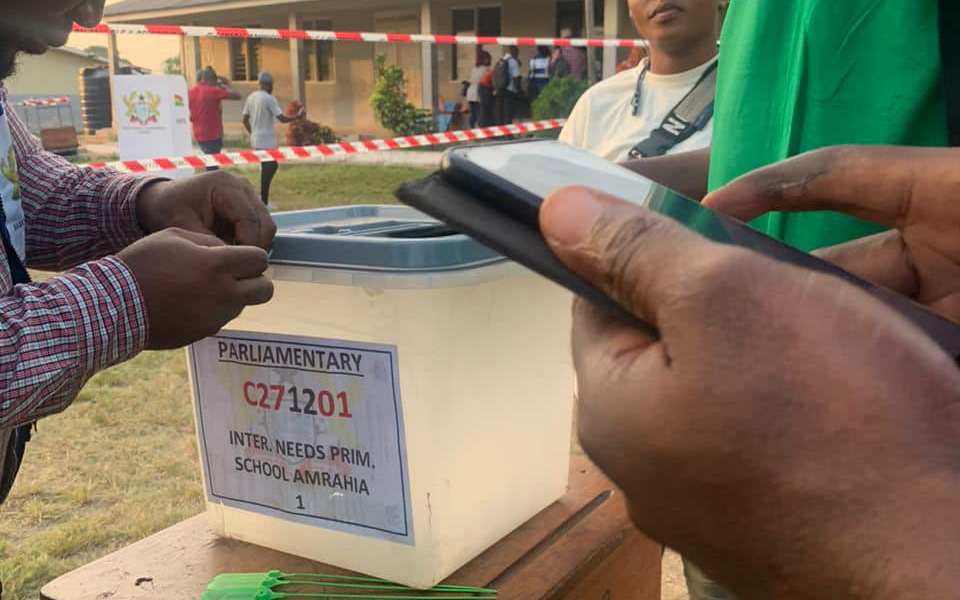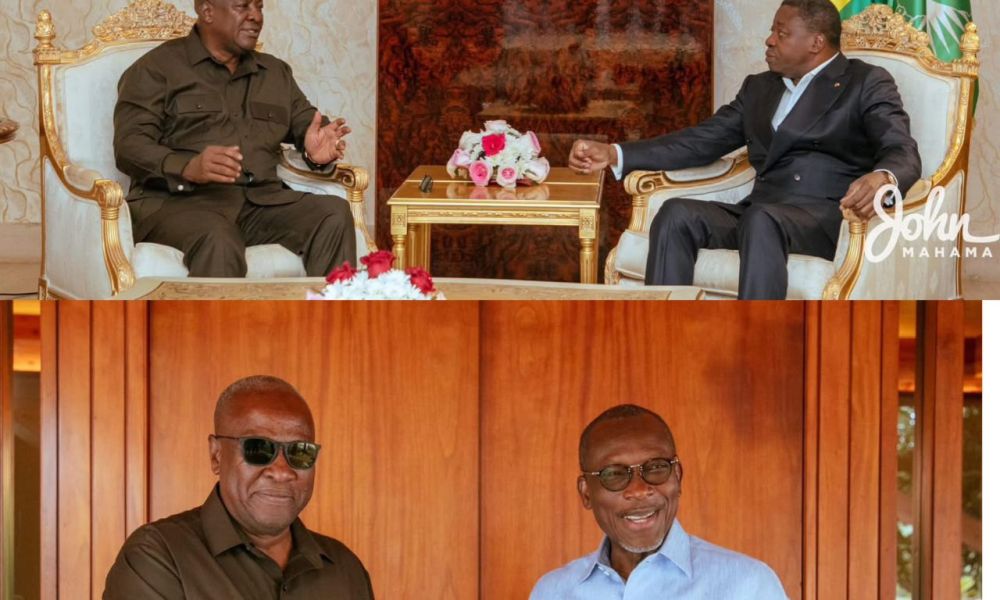The debate over religious freedoms in mission schools has gained significant attention in Ghana following a high-profile legal case involving Wesley Girls Senior High School (SHS).
The school is being sued for allegedly denying Muslim students the right to practice their religion, prompting former Director of the Ghana Education Service (GES), Charles Aheto-Tsegah, to weigh in on the need for clear regulations to govern the conduct of mission schools about students of different faiths.
In an interview on GHOne TV, Aheto-Tsegah addressed the ongoing controversy, emphasizing that mission schools, which are often deeply rooted in religious doctrine, must adapt to the changing landscape of education in Ghana.
He highlighted the lack of regulations regarding how mission schools treat students from diverse religious backgrounds. “
In fact, I would say, without any fear of contradiction, that we haven’t actually drawn up various set regulations for how mission schools should conduct themselves in relation to other people who are not members of their faith,” Aheto-Tsegah stated.
The legal battle surrounding Wesley Girls SHS, initiated by Shafic Osman, a Ghanaian citizen, underscores the urgency of establishing such guidelines.
Osman’s lawsuit accuses the school of systematically suppressing the religious rights of Muslim students, including preventing them from observing Islamic practices.
The plaintiff’s legal team argues that the school’s policy, which mandates the practice of Methodist Christianity, violates the constitutional rights of Muslim students, including their freedom of belief and right to religious practice.
He argued that once a religious institution becomes publicly funded or widely accessible, it must balance its religious values with inclusivity.
“Once you are a public religious institute, then you become quasi-public, and for that matter, everybody has access to that institution.
They should be treated on the basis that the government is very blind to distinctions in terms of how people are treated religiously,” Aheto-Tsegah explained.



